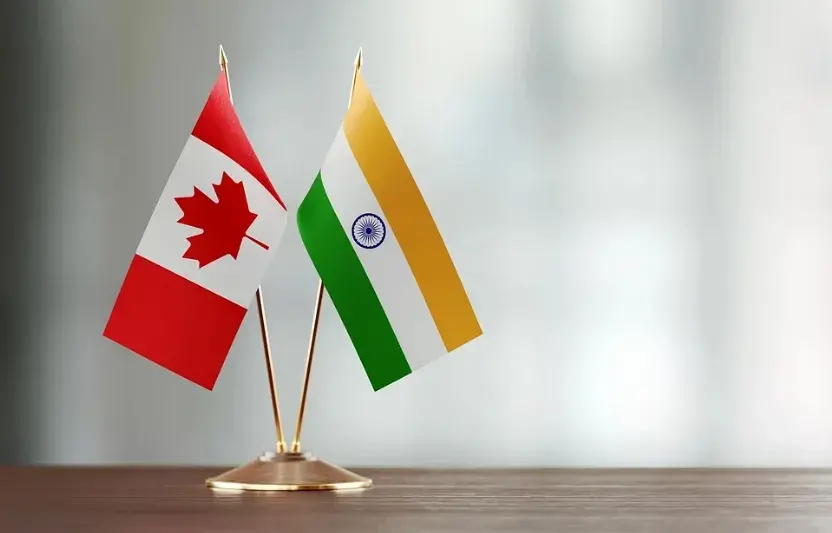Tibetan Leadership Initiates Back-Channel Talks with China Amidst Military Standoff
The Tibetan government-in-exile has initiated back-channel communications with China, marking the first contact between the two sides in over a decade. Penpa Tsering, the head of the Central Tibetan Administration (CTA), revealed that informal discussions have been ongoing for more than a year, facilitated by an interlocutor dealing with individuals in Beijing. While these communications represent a significant development, Tsering emphasized that no immediate breakthroughs are expected. The dialogue is viewed as a long-term endeavor, with uncertain prospects for concrete outcomes. The Tibetan side has been cautious, acknowledging that the Chinese authorities initiated contact, not vice versa. Norzin Dolma, the Tibetan minister for information and international relations, echoed Tsering’s sentiments, highlighting the lack of certainty regarding substantive outcomes from these discussions. Previous formal talks between 2002 and 2010 ended without resolution, amidst differences over Tibetan autonomy. The resumption of dialogue coincides with heightened tensions between India and China along the Line of Actual Control (LAC) in Ladakh. China’s military buildup in Tibet has drawn increased scrutiny, amplifying the relevance of the Tibetan issue in India. Tsering emphasized the close coordination between the CTA, India’s external affairs ministry, and security agencies, advocating for India to take a more assertive stance on Tibet at international forums like the UN. While endorsing India’s stance on the LAC disengagement as a prerequisite for normalized relations with China, Tsering underscored China’s strategic shift towards the Global South to counter India’s growing influence. He urged India to leverage its historical ties with Tibet to amplify its voice on the international stage.
Tibetan Leadership Initiates Back-Channel Talks with China Amidst Military Standoff Read More »


